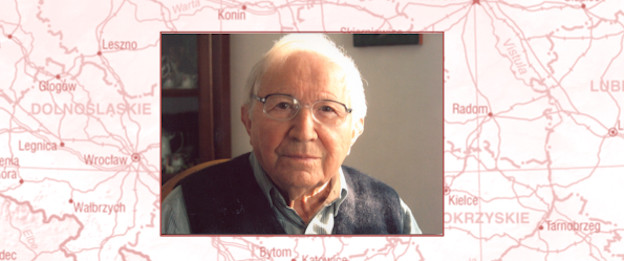Keeping company: On Różewicz

What I must have read as the essential feature of his poetry was its relentless focus on evacuating the world sensorium, which turned the poem into a condensed meditation on the poverty of the human — a condition whose unmistakable topic is the nothingness of life. This was its signatory presence that I track down at each reading, which I search for in each phrase, its basic narrative, in the taste of the poem’s flesh. It is this feature that for me makes him — although formally he is distant to me — the ultimate poet of dissent: he dwelled in the essential discord with the world, life, himself. Criticism, suspicion, bitterness, and irony — these are the four basic vectors of his poetic movements, which he follows invariably. Mostly, he is deprived of the easy solace which he never seeks, albeit incidentally finds at times. Charitable toward life’s by-products, but alert in tracking down their consequences. Always sharply perceptive of man’s continuous falling, a bottomless falling, simultaneously in all directions, an inescapable falling, out of which the only exit is in sobering paradox and saving distillate.
Tadeusz Różewicz’s poetry has kept me company — since I got hooked on poetry at all — on a very irregular basis. We are talking about a peculiar type of keeping company: its continuity is erratic, it assumes changeable dimensionality, its temperature fluctuates. As far as Różewicz’s writing is concerned, I have had two spells that can be called feverish: the first was in my youthful years; the other was directly related to his death. In both cases, Różewicz had a blasting impact — he offered poems like bones nibbled to the marrow. There was power in this austerity, this withdrawal, but there was also an insufficiency — a deliberate one no doubt. So I thought of a Różewicz poem as of a projectile, but one without a casing, thrust right into the bull’s-eye, the target being one’s receptivity to naked content.
Translated by Kacper Bartczak
Edited byMarit MacArthur Kacper Bartczak